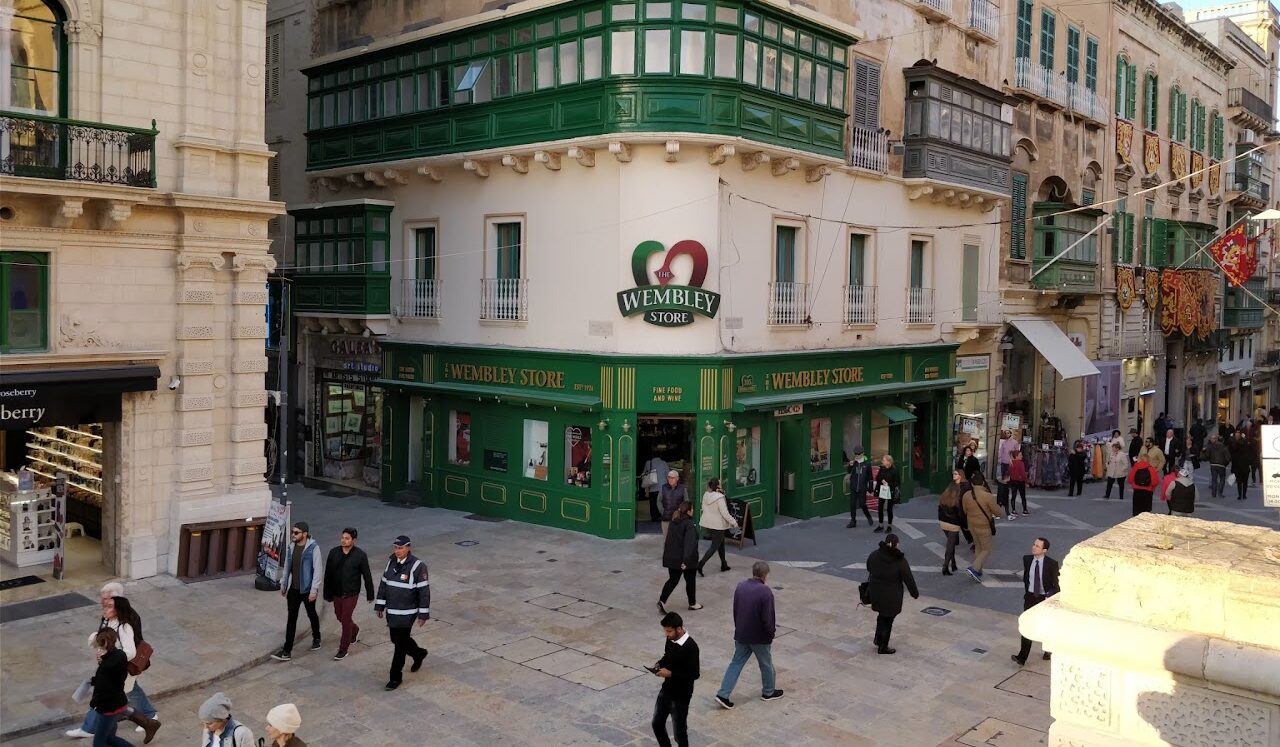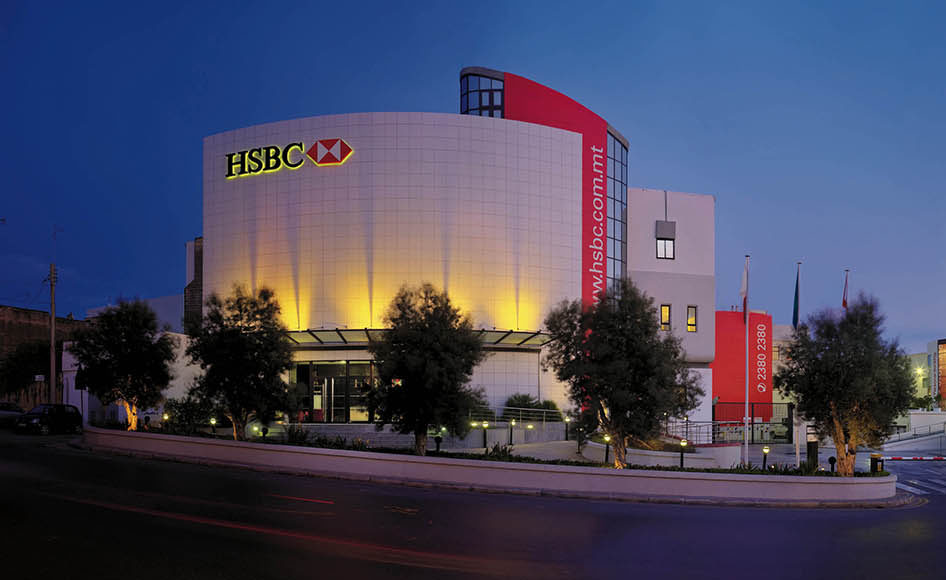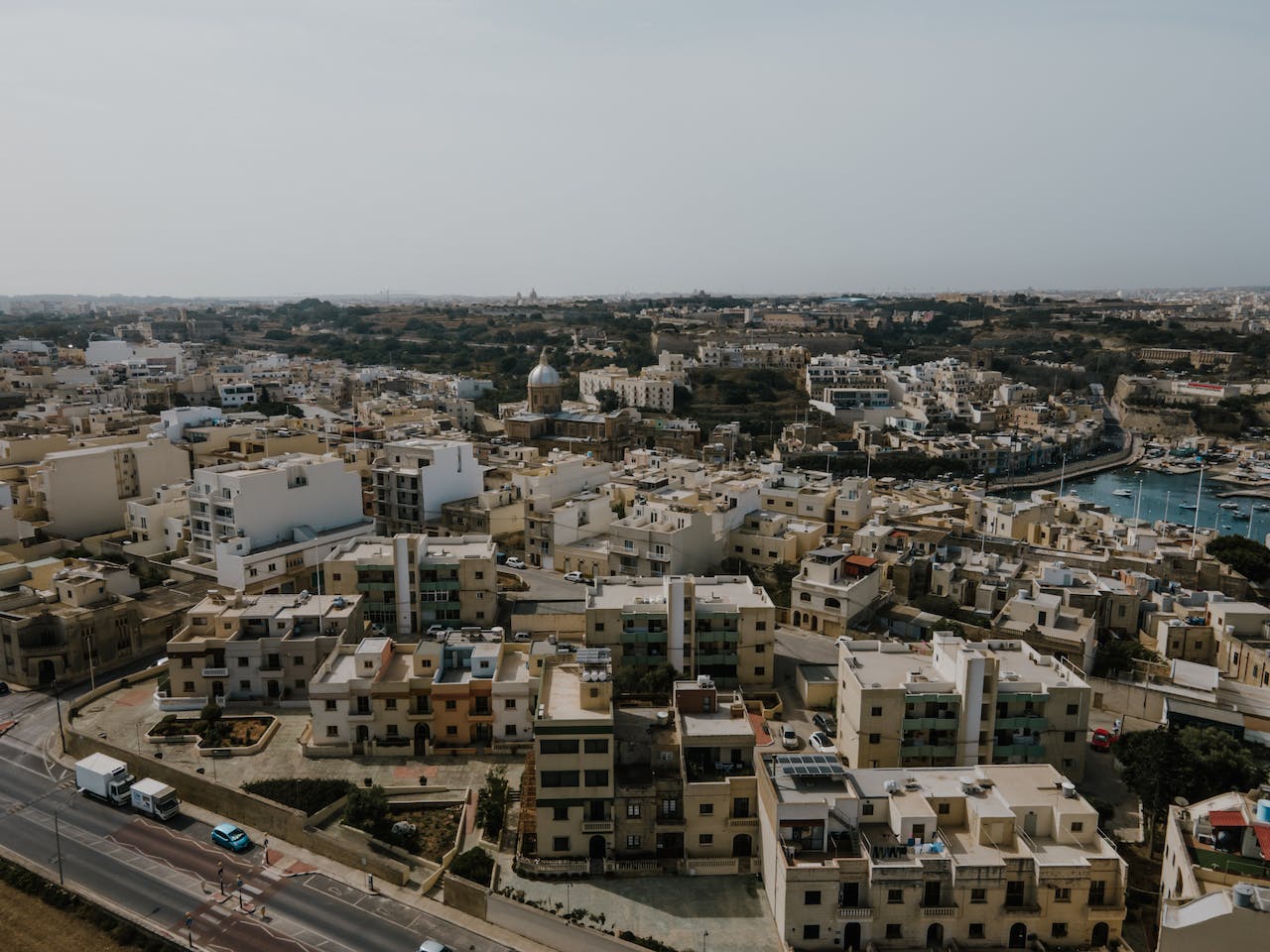At the end of this month, Valletta will lose one of its most enduring landmarks: The Wembley Store. For 101 years, generations of the Gauci family stood behind the counter of the corner shop at City Gate, offering groceries, treats, and fine foods that became part of the city’s rhythm. From wartime rationing to the bustle of everyday errands, The Wembley Store was more than a shop, it was a meeting point, a backdrop to history, and a piece of Valletta’s identity.
Its closure marks more than the retirement of two brothers who have carried the family torch for decades. It symbolises the slow shift in Valletta’s role, from a lived-in city where residents depended on their neighbourhood shops, to a capital increasingly shaped by commercial forces, tourism, and office life.
For much of the 20th century, Valletta was home to grocers, tailors, watchmakers, and family businesses that anchored its streets. These shops carried not just products, but trust, stories, and a sense of belonging. Today, many of those enterprises , Blackleys, N. Caruana and Sons, P. Muscat Opticians, and now The Wembley Store, have disappeared or moved out. Their absence leaves behind not only empty shopfronts but also a gap in Valletta’s memory.
This evolution is hardly unique to Malta. Across Europe, historic capitals have wrestled with the same tension between heritage and modernity. In Rome and Paris, small, century-old shops have given way to global brands and cafés catering to visitors rather than locals. In London’s Covent Garden, traditional fruit and flower markets made room for boutiques and restaurants. Even Barcelona’s old quarters, once filled with artisans and grocers, are today dominated by tourist-facing businesses.
The pattern is familiar: As cities grow more commercial, residents move out, and daily essentials are replaced by experiences, offices, shops, and leisure spaces. Valletta, once a densely populated, living city of families and workers, is becoming a capital where fewer people actually live, and more people visit.
There is nostalgia, yes, but also a lesson. The endurance of Wembley for more than a century showed that a business could adapt, from British Empire imports to Maltese artisanal goods, from chocolates before the opera to rations in wartime. Its survival wasn’t luck; it was rooted in resilience, service, and a deep connection to its community.
The challenge for Valletta now is balance. Heritage cannot be frozen in time, but nor should it be hollowed out. The loss of places like Wembley reminds us that cities are more than monuments and restaurants, they are made of the everyday shops and encounters that tie people to place.
As the Gauci family turn the page on their remarkable story, Valletta is left to decide what kind of city it wants to be. Will it remain a capital people live in, or become a stage set for those passing through? Other cities have learned the hard way that once the fabric of local life unravels, it is almost impossible to stitch back together.
The Wembley Store’s final days remind us that preserving a city’s soul is not just about keeping buildings standing, it’s about keeping memories alive, and ensuring that the next generation has reasons to call Valletta home.
Europe is at a crossroads: Mario Draghi’s wake-up call can’t be ignored
Economist JP Fabri unpacks the former Italian PM's 'clear and uncomfortable' message
Bond Reviews: Commercial Property Sector
A review of recent Financial Analysis Summaries highlights stark differences in the financial resilience of Malta’s commercial property bond issuers
Improved guidance from MIA
The airport has reported record half-year results for 2025







